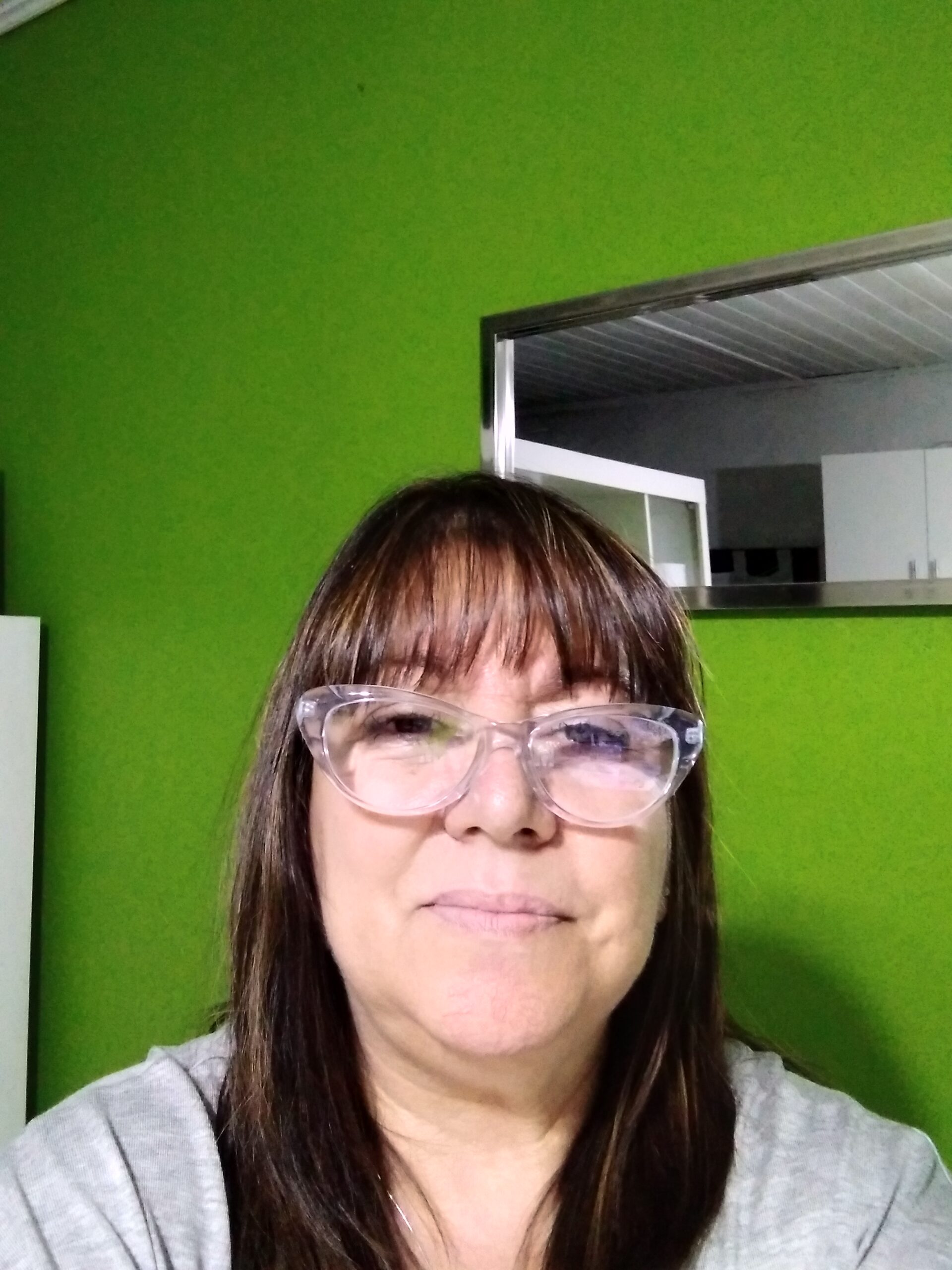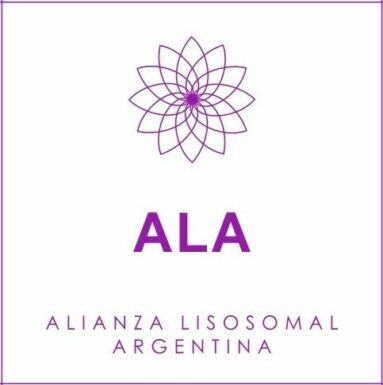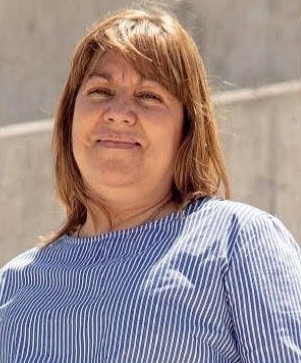Interview with Alejandra Tornero from Alianza Lisosomal Argentina
When did you join your national patient association?
I am the founder of Alianza Lisosomal Argentina – ALA – and I lead the Alliance for Patients with Fabry, Gaucher and Pompe diseases.
What was the reason for joining?
The reason I joined is just as the word says, from a union forces are created to be able to solve problems we have in common and also to be able to achieve great things for all people who are diagnosed with a rare disease.
What are the vision and mission of your association?
Alianza Lisosomal’s mission is to be able to reach all corners of the country, so that when a person is diagnosed they know their their rights and we want to spread awareness for earlier diagnosis to avoid future complications.
What do you consider to be the major achievements or activities that you are proud of?
One of the main achievements that I am proud of is that as a Gaucher patient myself and having dreamed all my life of being able to help people who need support, share information, help people to get access to treatment, help them being heard, create a place where they can talk, and share their experiences and common interests, help them obtain access to medical specialists, etc. which I am doing now. Also, knowing and being part of ALAPA – Argentina Alliance of Patients – who help us on a daily basis to grow – to create communities and continuously educate us, I feel proud to belong to this organisation and I am very grateful for having met its two leaders Carolina Oliveto and Florencia Braga Menéndez together with the entire wonderful group of people that make up ALAPA.
Can you name some challenges that your association is currently facing?
The most important challenge that the association faces from the moment we began to experience this pandemic is access to treatment. The currently existing therapies for these pathologies are unattainable and since 2020, it has worsened even more, in small social projects, in people without social support, being able to enter and sustain their treatments is almost impossible to achieve.
Can you name some future goals or plans?
That all people diagnosed with Fabry disease who live in our country, throughout Argentina, have the right to good health coverage and be able to get treatment prescribed by your doctor.
That in any public or private institution, patients can be cared for by doctors who are really experienced in the field of rare diseases.
That in our country Fabry disease can be promptly included in neonatal screening in order to be able to diagnose as early as possible, perhaps to be able to avoid major disorders that in most cases they are irreversible.
Has your association had issues with the national health system or insurance problems?
There are constant claims for many of the patients and patients are facing more and more obstacles with our current health system.

How would you further raise global awareness for Fabry disease?
Awareness is achieved with the participation and dissemination, by all citizens, through testimonies, with large awareness campaigns, which are shared on all networks, tv, internet, in medical offices, public transportation, schools etc.
Medical professionals should learn how to diagnose rare disease earlier in their career and be trained more during their education so they are more aware.
What would you like to explain to other people / doctors / nurses /decision makers about Fabry disease?
I would tell doctors, nurses, decision makers to be more empathic with people who suffer from Fabry disease and their family, to understand them, listen to them, listen to their claims, understand their needs as everything revolves around the patient. Decision makers need to know that people who need treatment cannot stop, they are chronic diseases, therefore, the treatment is for life. I also feel that medical professionals need to be more aware of the consequences of not continuously receiving ERT and that it might be a huge toll for patients both on quality of life and medical costs.
What kind of information are we still missing about Fabry disease?
We still have a long way to go, much more options for patients are needed, more open dialogue with patients needs to happen. Patients should be allowed to choose, give their opinion and be involved in their treatment plan. What is still lacking is to be able to avoid the complications that appear in the adult patient. Great therapies should prevent the need for dialysis or kidney transplant as well as cardiac and neurological complications.


